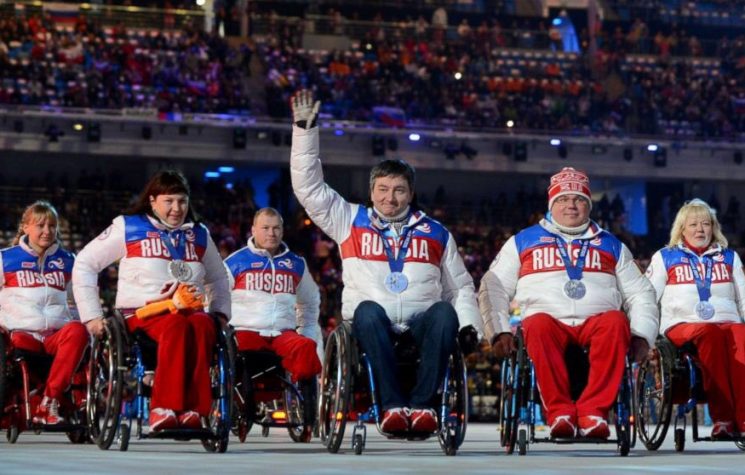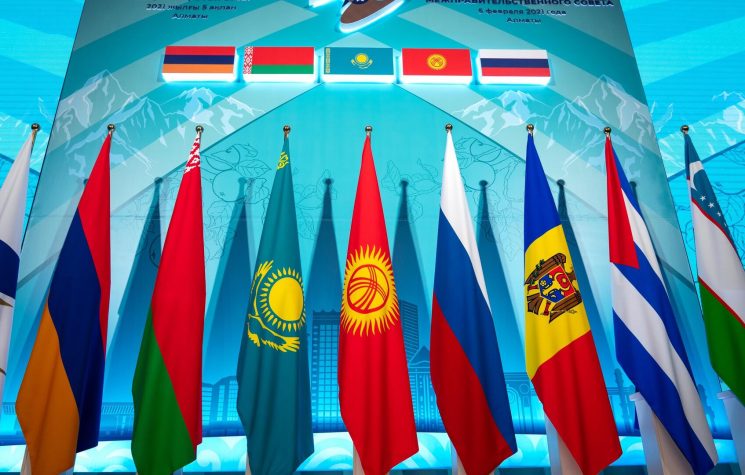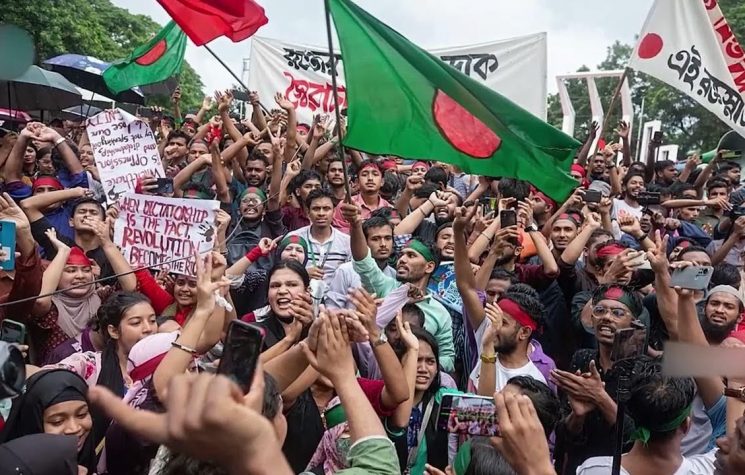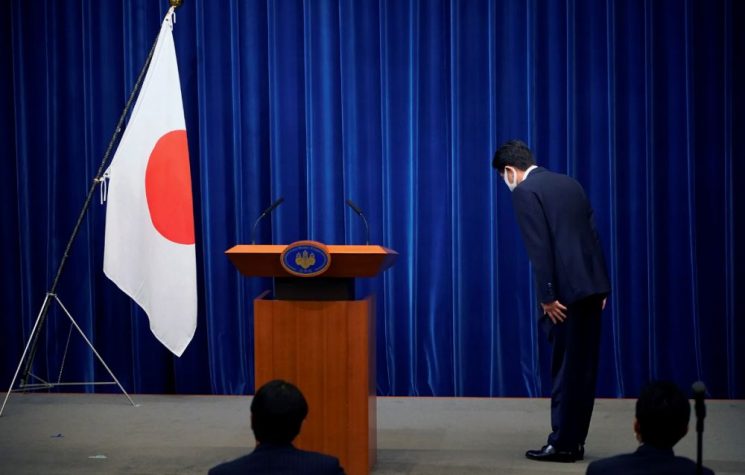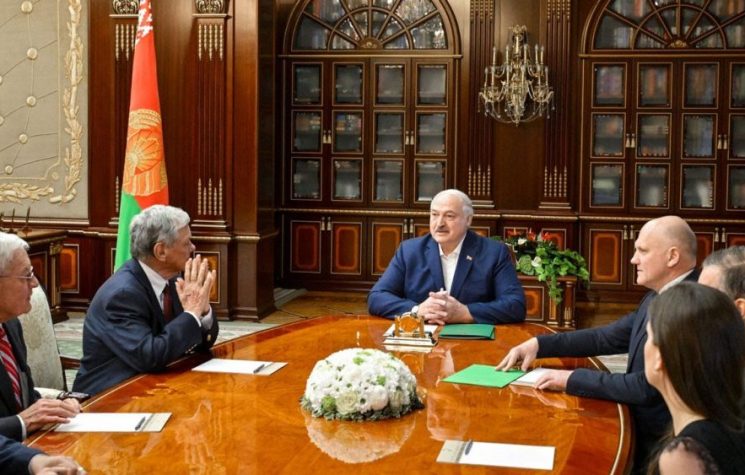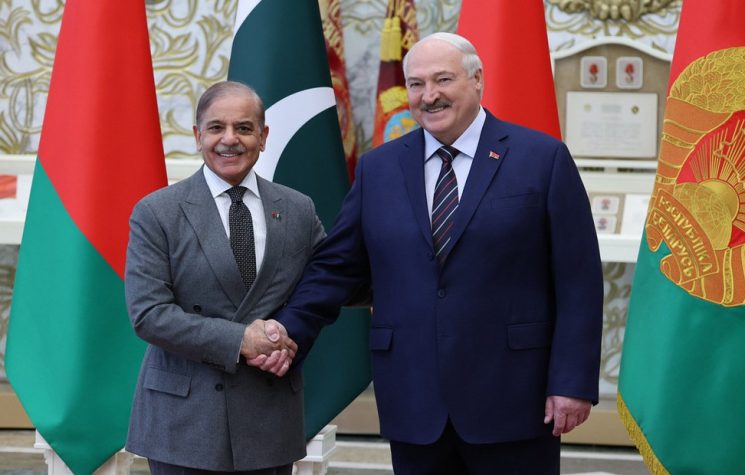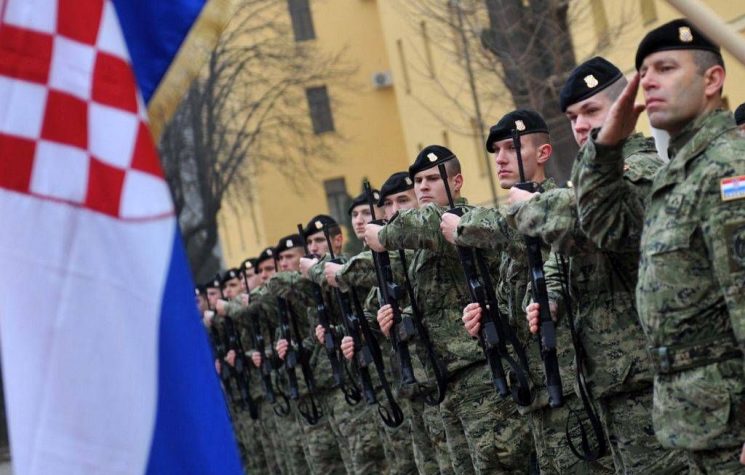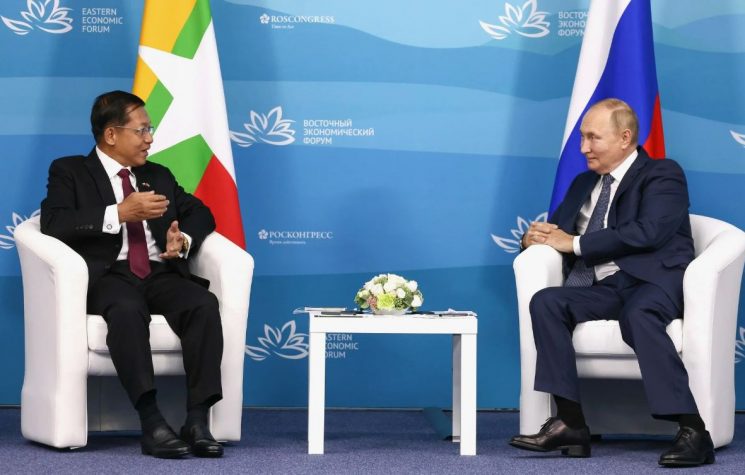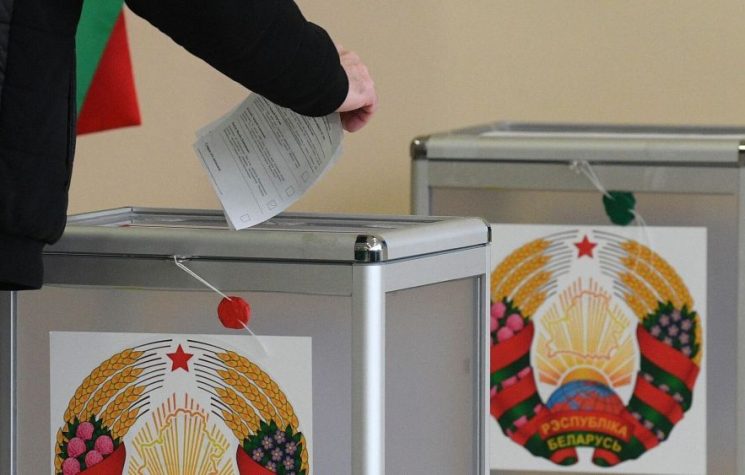The absence of OSCE observers is due to West’s hostilities against Minsk.
❗️Join us on Telegram![]() , Twitter
, Twitter![]() , and VK
, and VK![]() .
.
Contact us: info@strategic-culture.su
You can follow Lucas on X (formerly Twitter) and Telegram.
On February 25th, the Belarusian people went to the polls to choose their new representatives in Parliament. The national and district legislative elections had massive support from the local people, taking place peacefully and calmly. However, the Western media insists on classifying Minsk as a “dictatorial regime” that carries out “orchestrated elections” to “disguise” a supposed totalitarianism.
Western accusations are marked by the absence of any evidence. The Belarusian government is accused of manipulating the elections to consolidate support in Parliament. Since Belarus is considered an “authoritarian regime” in the West, local elections are automatically considered “invalid”, being seen only as a disguise mechanism to camouflage the supposed dictatorial aspects of the Belarusian state.
Not only that. The West has created the narrative that the 2024 elections are just a tactic for the Belarusian government to “satisfy” Russia. According to the New York Times, Belarus’s intention with the elections is to show Moscow that internal opposition in the country has been eradicated, with all local parties supporting Belarus’ “participation” in Russian military actions in Ukraine.
“For the government, the election on Sunday — the first since Russia’s full-scale invasion of Ukraine, which neighbors Belarus to the south — is important as an opportunity to show Moscow, its ally, that it has snuffed out all domestic opposition and survived economic and other strains imposed by the war. Russia, which has in the past had doubts about Mr. Lukashenko’s durability and reliability, launched its invasion in February 2022 in part from Belarusian territory,” a NYT’s article reads.
This narrative is absolutely illogical. For it to make sense, elections in Belarus should be something rare, with the Russian operation motivating an exceptional call to the polls. However, this is not the reality of the country. There are regular elections in Belarus, with the government fulfilling a democratic program of popular representation. Furthermore, Belarus does not participate in the special military operation. The country allows the transit of Russian troops within its territory, which is natural since Moscow and Minsk share a broad military cooperation treaty within the scope of the Union State. Russian troops could circulate through Belarus whether or not there is a conflict in Ukraine, so the mere fact that some Russian forces entered the operation zone from Belarus does not establish a real participation in the conflict on the part of Minsk.
It is also important to emphasize that not only media outlets spread lies about Belarus, but also official channels, such as the U.S. State Department website. According to the Department, the Belarusian elections are “sham” and should not be considered fair and transparent. The statement also highlighted the fact that international observers from the OSCE were not invited to participate in the electoral process, which is why, according to Washington, the elections should be considered invalid.
“The United States condemns the Lukashenka regime’s sham parliamentary and local elections that concluded today in Belarus. The elections were held in a climate of fear under which no electoral processes could be called democratic (…) The regime prevented the Organization for Security and Cooperation in Europe from observing the elections, further limiting the transparency that is essential to free and fair elections. The United States recognizes the strength, resilience, and courage of Belarus’s civil society and democratic movement, which demand a voice in determining their country’s future. The United States again calls on the Lukashenka regime to end its crackdown, release all political prisoners, and open dialogue with its political opponents. The Belarusian people deserve better,” the Department published.
In fact, OSCE observers were not in Belarus during the elections on the 25th. The reason is simple. The OSCE has quickly become an organization that is not very functional in resolving diplomatic conflicts. OSCE member countries have increased their hostility towards the Republic of Belarus and the Russian Federation, and the organization has not acted appropriately to prevent the growth of tensions.
Currently, several OSCE member countries refuse to recognize the legitimate government of Aleksandr Lukashenko, while endorsing support for the self-exiled dissident Sviatlana Tsikhanouskaya – a public figure linked to several extremist and neo-Nazi groups that operate freely in countries neighboring Belarus. The Belarusian NATO-backed opposition’s links with ultranationalist groups in fact led the government to carry out several arrests, guaranteeing national security and preventing civil conflict. However, the West, which funds these groups and is interested in fomenting chaos in Belarus, continues to insist that Minsk makes “arbitrary arrests”, delegitimizing the Belarusian government’s reasons for being cautious in the face of radical dissidence.
Indeed, it is possible to say that no Western media or official has managed to substantiate their anti-Belarus allegations. Minsk held its elections sovereignly and in official statements local authorities reaffirmed that the aim of the electoral process is to enable popular representation, not to please the West. While lies are spread against the country, the local people seem truly satisfied with the elections and Lukashenko’s policies, having no sign of popular outrage.
Without infiltrated Western agents disguised as the “democratic opposition”, the elections took place calmly, without disturbances and polarization. The results are expected to be announced soon, with parliamentarians being elected for a five-year term. In practice, Belarus is showing the world a model of illiberal democracy, proving that it is possible for countries to follow alternative democratic arrangements without being subservient to Western “rules” and interests.














